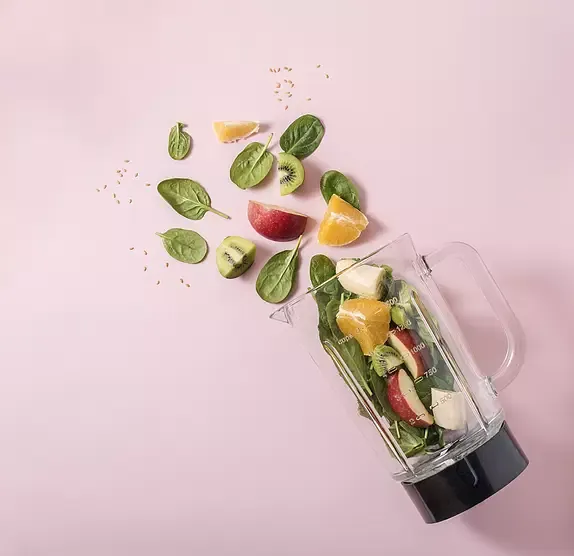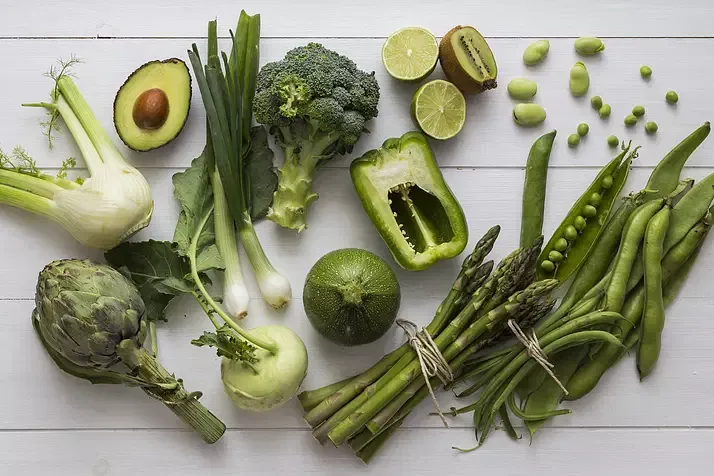When reviewing a patients diet, there is often a point when people will say “I have never been a breakfast person”, with a lot of fear that I will direct them to eat breakfast.
I love this part, because I get to be the care provider who doesn’t say that. Instead I take an evidence based approach that says you don’t have to eat breakfast first thing in the morning when you wake up. Some people will feel good doing this, others won’t. I advocate for intuitive eating and I care a lot more about WHAT you eat than WHEN you eat.
An optimal breakfast includes: Protein, Fat and Veggies. So definitely NOT cereal. Even though thats what I adored growing up.
What you eat for your first meal of the day sets up your energy levels for the rest of the day. If you have something high in carbs and low in protein/fat (e.g., cereal or toast), your blood sugar will *spike* and you will get a temporary boost in energy, but then you will crash. This corresponds with the mid-morning and mid-afternoon slump many often experience.
Adequate Protein
Protein is the building blocks of the body. It builds neurotransmitters, and constructs our muscle, skin, hair, nails + more. When we are getting adequate amounts of protein, it will help to stabilize our blood sugar throughout the day, balance mood and energy. By including enough protein with your first meal of the day, you are less likely to have the mid-afternoon snack monster.
For most between 20-30 grams of protein per meal is a good rule of thumb. E.g,. 1 egg is typically around 6 grams of protein. Therefore, you can’t just have 1 or 2 eggs for breakfast, or one cup of oatmeal which has just 6 grams of protein. Some protein source ideas to ‘beef up’ your first meal of the day, include a protein powder, nuts/seeds, tofu, meat (e.g., ground turkey), eggs, lentils/legumes.
Include Healthy Fats
Fat helps us to feel full longer, and it stabilizes our blood sugar. It nourishes our brain, is the backbone of our hormones and supports our cell membranes.
Examples of healthy fats include: nuts, seeds, grass fed butter, avocado, coconut, and fish.
Bonus - Add Veggies!
Starting the day with 1-2 servings of vegetables will help you improve your overall vegetable intake. I recommend for all meals to have half your plate be vegetables, and ideally 2 cups of dark leafy greens per day since they are nutrient dense.
What to Eat
Not great breakfast ideas:
-Toast with jam
-Bagel with cream cheese
-Cereal (of any kind)
-Oatmeal that comes in a pre-made package
-Granola bar
-Muffin
Well rounded breakfast ideas:
-Smoothie (including protein+fat+greens)
-Oatmeal RAMPED UP - I recommend adding nuts and seeds on top. E.g., chia seeds, flax seeds and a scoop of cashew butter goes on mine.
-Egg Scramble or Omelette⠀
-Veggies + tofu/meat scramble
-Protein pancakes
-Flip breakfast on its head and have leftover dinner
When to Eat
There is some evidence to suggest eating breakfast when you first wake up stabilizes your BMI, helps with mood and more; however there is also a body of evidence that advocates for a later breakfast, citing similar benefits.
Ultimately, my personal opinion is there is no one size fits all approach.
A later breakfast, is sometimes referred to as intermittent fasting. For some this can be beneficial, especially if you are attempting to improve cognitive health (e.g., Alzheimer’s Disease) or lose weight. The true definition of intermittent fasting is when you are limiting the time of day that you are eating to X number of hours, e.g., feeding window from 10am-6pm, would equate to a 16 hour fast daily.
With time, frequent eating throughout the day, especially following the standard American diet (e.g., high in carbohydrates and trans-fats, low in vegetables), leads to a constant elevation of your blood sugar, and the cells become resistant to insulin's urge for them to absorb the glucose. Insulin resistance is associated with nearly all chronic diseases.
By engaging in intermittent fasting, and decreasing the frequency and amount of glucose in your bloodstream (i.e., through fasting), you are improving the ability of the cell to respond to insulin and take in glucose.
Big BUT though, if you are a women, your hormones will not love intermittent fasting. I recommend going no more than 12-16 hours fasting.
AND if you are hungry in the morning, don’t just caffeinate your way through the morning without food.
It is important if you are making dramatic changes in your diet to discuss this with your medical or naturopathic doctor. If you have a known metabolic condition, such as diabetes or cancer, or are pregnant or lactating, first consult with a physician prior to experimenting with dietary changes.


